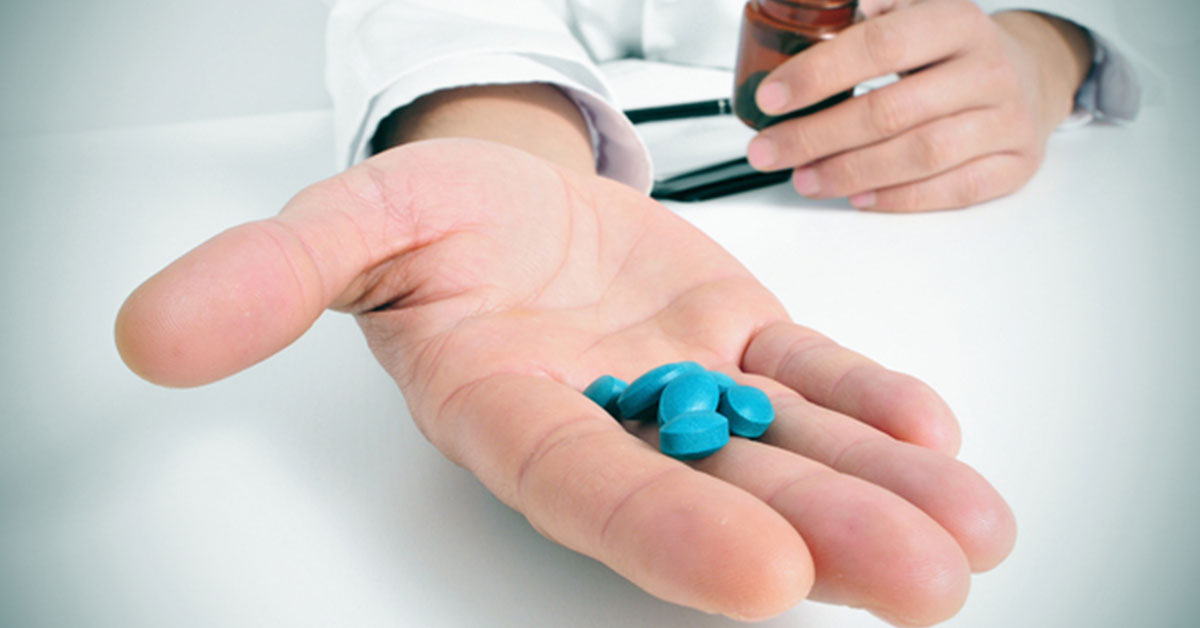Sexual dysfunction is a prevalent issue affecting both men and women, significantly impacting their quality of life and intimate relationships. This article will explore the various types of sexual dysfunction, how to recognize the symptoms, and effective ways to address these issues.
Understanding Sexual Dysfunction
Sexual dysfunction refers to any problem that prevents an individual from experiencing satisfaction from sexual activity. It can occur at any stage of the sexual response cycle, which includes desire, arousal, orgasm, and resolution.
Types of Sexual Dysfunction in Men
- Erectile Dysfunction (ED): The inability to achieve or maintain an erection sufficient for satisfactory sexual performance.
- Premature Ejaculation (PE): Ejaculation that occurs sooner than desired, either before or shortly after penetration.
- Delayed Ejaculation: Difficulty or inability to ejaculate despite adequate sexual stimulation.
- Low Libido: A reduced interest in sexual activity.
Types of Sexual Dysfunction in Women
- Female Sexual Arousal Disorder: Difficulty in becoming aroused or maintaining arousal during sexual activity.
- Anorgasmia: The persistent difficulty or inability to reach orgasm.
- Vaginismus: Involuntary contraction of the vaginal muscles, causing discomfort or pain during intercourse.
- Low Libido: A diminished desire for sexual activity.
Recognizing the Symptoms
Identifying sexual dysfunction can be challenging due to the personal and sensitive nature of the topic. However, recognizing the symptoms is the first step towards addressing the problem.
Symptoms in Men
- Erectile Dysfunction: Inability to get or keep an erection reduced sexual desire.
- Premature Ejaculation: Ejaculation that occurs within one minute of penetration, inability to delay ejaculation.
- Delayed Ejaculation: Prolonged effort required to ejaculate, inability to ejaculate.
- Low Libido: Lack of interest in sexual activities, reduced sexual fantasies.
Symptoms in Women
- Female Sexual Arousal Disorder: Difficulty in achieving or maintaining lubrication, lack of sexual excitement.
- Anorgasmia: Difficulty reaching orgasm, absence of orgasm.
- Vaginismus: Pain during intercourse, difficulty with penetration.
- Low Libido: Little or no interest in sexual activities, lack of sexual thoughts or fantasies.
Causes of Sexual Dysfunction
Sexual dysfunction can arise from various factors, including physical, psychological, and relational issues.
Physical Causes
- Chronic Illnesses: Conditions such as diabetes, heart disease, and hormonal imbalances can affect sexual function.
- Medications: Certain medications, especially antidepressants and blood pressure drugs, can cause sexual side effects.
- Alcohol and Drug Use: Excessive consumption of alcohol and recreational drugs can impair sexual performance.
Psychological Causes
- Stress and Anxiety: High levels of stress and anxiety can interfere with sexual desire and performance.
- Depression: Depression often leads to a decreased interest in sexual activities.
- Past Trauma: History of sexual abuse or trauma can significantly impact sexual function.
Relational Causes
- Communication Issues: Poor communication between partners can lead to misunderstandings and reduced sexual satisfaction.
- Conflict: Ongoing conflicts and unresolved issues in a relationship can diminish sexual desire.
Addressing Sexual Dysfunction
Addressing sexual dysfunction involves a multifaceted approach, considering both medical and psychological interventions.
Medical Treatments
- Medications: Drugs such as sildenafil (Viagra) and tadalafil (Cialis) are commonly prescribed for erectile dysfunction. Hormone therapy may be recommended for women experiencing sexual dysfunction due to hormonal imbalances.
- Devices: Vacuum erection devices and penile implants are options for men with erectile dysfunction.
- Surgery: In some cases, surgical interventions may be necessary to correct underlying physical issues.
Psychological Treatments
- Therapy: Counseling and therapy, including cognitive-behavioral therapy (CBT), can help address underlying psychological issues.
- Sex Therapy: Specialized sex therapists can provide strategies and exercises to improve sexual function and intimacy.
- Mindfulness and Relaxation Techniques: Practices such as mindfulness meditation and yoga can help reduce stress and anxiety, improving sexual function.
Lifestyle Changes
- Healthy Diet and Exercise: A balanced diet and regular exercise can improve overall health and sexual function.
- Avoiding Alcohol and Drugs: Reducing or eliminating alcohol and recreational drug use can enhance sexual performance.
- Improving Communication: Open and honest communication with your partner about sexual needs and concerns can significantly enhance intimacy and satisfaction.
Conclusion
Sexual dysfunction is a complex issue that can affect anyone, regardless of gender. By recognizing the symptoms, understanding the causes, and seeking appropriate treatment, individuals and couples can overcome these challenges and improve their sexual health and relationships. If you are experiencing symptoms of sexual dysfunction, do not hesitate to consult a healthcare professional for personalized advice and treatment options.










